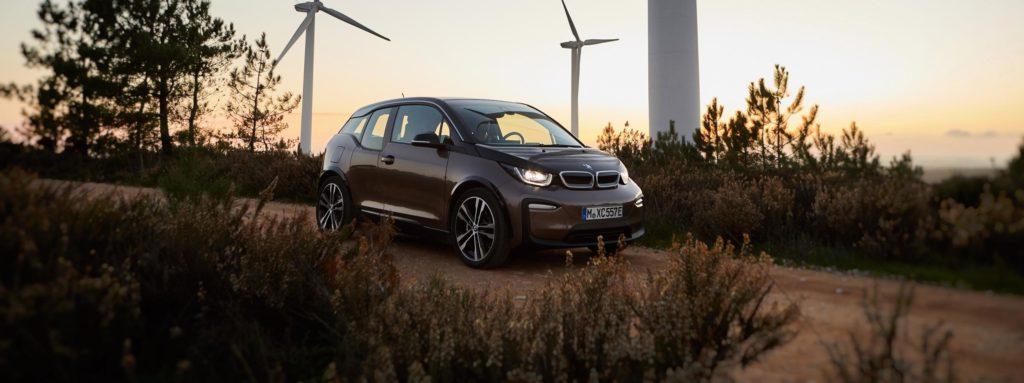BMW leads bi-directional charging consortium research project
11 November 2019

11 November 2019
BMW Group is acting as the consortium leader of a newly launched bi-directional charging management (BCM) research project, which brings together companies and institutions from the automotive, energy and scientific sectors.
Electric vehicles (EVs) with bi-directional charging capability will be able to draw electrical power for their high-voltage battery when plugged into a compatible charging station or a wall box, but will also have the ability to reverse the process and feed energy back into the power grid. This will effectively turn the EVs’ batteries into mobile energy storage devices that can also supply electricity when required.
More renewable energy, better power-supply reliability
The partners in the BCM research project have teamed up to develop technological solutions to make electric mobility even easier and cheaper for users, with even lower emissions. The project aims to connect vehicles, charging infrastructure and power grids for the first time, in a way that facilitates improves power-supply reliability.
Furthermore, intelligently-controlled integration of EVs into the power grid can also increase the proportion of renewable energy in Germany’s overall electricity consumption. Using these EVs as a means of buffer storage allows the potential of wind farms and solar plants for carbon-neutral energy generation to be exploited to an even greater degree. The electricity from renewable sources can be tapped and stored as it becomes available and can, in turn, be deployed exactly when needed, whether for electric driving or boosting grid capacity. Electric mobility can therefore help to stabilise power grids and limit the need to expand them, keeping electricity prices stable.
For example, a surplus of solar power can be stored in the vehicles’ high-voltage batteries and later used for driving, fed back into the customer’s domestic network (″vehicle-to-home″) or sent to the power grid (″vehicle-to-grid″), so that any sudden supply bottlenecks can be alleviated without resorting to fossil energy back-ups from power stations.
Integrating e-mobility into the grid
The research project will run for three years with the support of the German Aerospace Centre and funding from the German Federal Ministry for Economic Affairs and Energy. BMW will provide 50 private and fleet customers with a BMW i3 with back-feeding capability for a one-year pilot project, starting in early 2021. As well as the appropriate charging hardware and accompanying digital services, participants can also test out the customer benefits of the solutions developed so far and their usability under real-world conditions. This will create a platform for implementing the technology across the board and integrating electric mobility into Germany’s power grid.
The BMW Group is joined by KOSTAL Industrie Elektrik GmbH (development of charging hardware), transmission network operator TenneT and distribution network operator Bayernwerk Netz GmbH (both energy system services), the Research Institute for Energy (FfE) and Research Association for Energy (both energy system analysis), the Karlsruhe Institute of Technology (KIT; research into electricity market and grid repercussions) and the University of Passau (user research).
BMW and power-grid operator TenneT have already developed an innovative solution in Germany that allows the charging strategy for electric vehicles to factor in the customer’s mobility schedule, the availability of green electricity and the current load on the power grid. It means plugged-in vehicles can suspend and resume charging when prompted by signals from the grid operator.
BMW and Germany are not alone in investing in bi-directional charging. The Dutch Government is granting €5 million to 21 municipalities to support them in establishing 472 ′intelligent’ vehicle-to-grid (V2G) charging points for electric vehicles (EVs). Similarly, the UK Government has announced plans to invest in support for bi-directional charging systems to create a smarter energy system while also helping to increase the number of EVs on UK roads.